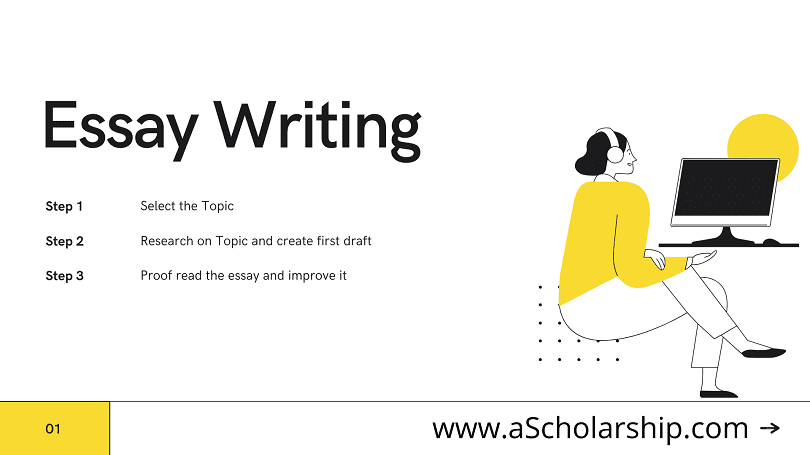Officialtollfree – Essay writing is an essential skill that students and professionals alike must master. Whether you’re crafting an academic paper, a persuasive argument, or a personal reflection, the ability to express ideas effectively through writing is invaluable. However, many individuals find the process daunting. From brainstorming ideas to structuring your thoughts and refining your prose, there are several steps to consider when crafting a compelling essay. In this guide, we’ll explore the fundamentals of essay writing and provide practical tips to help you enhance your writing skills.
Table of Contents
How to Write a Perfect Essay
Understanding the Essay
Before delving into the mechanics of writing, it’s crucial to understand the nature of an essay. At its core, an essay is a piece of writing that presents and supports a thesis or argument. Essays can take various forms, including narrative, descriptive, expository, and persuasive. Depending on the purpose and audience, the tone and style of an essay may vary.
Preparing for Writing
1. Choose a Topic: Select a subject that interests you and aligns with the essay’s purpose. Research to gather relevant information and insights.
2. Define Your Thesis Statement: Clearly articulate your essay’s main argument or central idea. This statement will guide the direction of your writing and provide a focal point for your analysis.
3. Outline Your Ideas: Create a structured outline to organize your thoughts and establish the flow of your essay. Outline the introduction, body paragraphs, and conclusion, noting key points and supporting evidence for each section.
Crafting the Essay
1. Introduction: Begin with a compelling introduction that grabs the reader’s attention and provides context for your argument. Present your thesis statement clearly and concisely to set the stage for the rest of the essay.
2. Body Paragraphs: Develop your argument in the body paragraphs, providing evidence and analysis to support your thesis. Each paragraph should focus on a single idea or aspect of the argument, with clear transitions between points.
3. Supporting Evidence: Incorporate relevant evidence, such as statistics, examples, and quotations, to bolster your argument. Ensure that your evidence is credible and effectively supports your claims.
4. Counterarguments: Acknowledge opposing viewpoints and address potential counterarguments within your essay. This demonstrates critical thinking and strengthens your argument by anticipating and refuting opposing perspectives.
5. Conclusion: Summarize your main points and restate your thesis in the conclusion. Leave the reader with a lasting impression by offering insights, implications, or suggestions for further research.
Refining Your Essay
1. Revision and Editing: Review your essay carefully, focusing on clarity, coherence, and effectiveness of argumentation. Revise as needed to improve the organization, structure, and flow of your writing.
2. Proofreading: Check for grammatical errors, punctuation issues, and typos. Ensure consistency in tone, style, and formatting throughout the essay.
3. Seek Feedback: Share your essay with peers, instructors, or mentors for feedback and constructive criticism. Consider their suggestions and revise accordingly to strengthen your writing.
Developing Your Writing Skills
1. Practice Regularly: Writing is a skill that improves with practice. Set aside time to write regularly, whether it’s through journaling, academic assignments, or creative projects.
2. Read Widely: Expose yourself to a diverse range of writing styles and genres by reading extensively. Pay attention to the techniques and strategies employed by skilled writers to enhance your own writing repertoire.
3. Attend Workshops or Courses: Consider enrolling in writing workshops or courses to hone your essay writing skills. Take advantage of resources and opportunities available online or through educational institutions.
4. Learn from Feedback: Embrace feedback as an opportunity for growth and improvement. Analyze critiques of your writing and strive to address areas for enhancement in future compositions.
In conclusion, mastering the art of essay writing requires practice, dedication, and attention to detail. By understanding the fundamentals of essay structure, developing strong arguments, and refining your writing through revision and feedback, you can enhance your ability to communicate effectively through written expression. Whether you’re a student, professional, or aspiring writer, these strategies will empower you to craft compelling essays that engage, inform, and inspire readers.
DA

